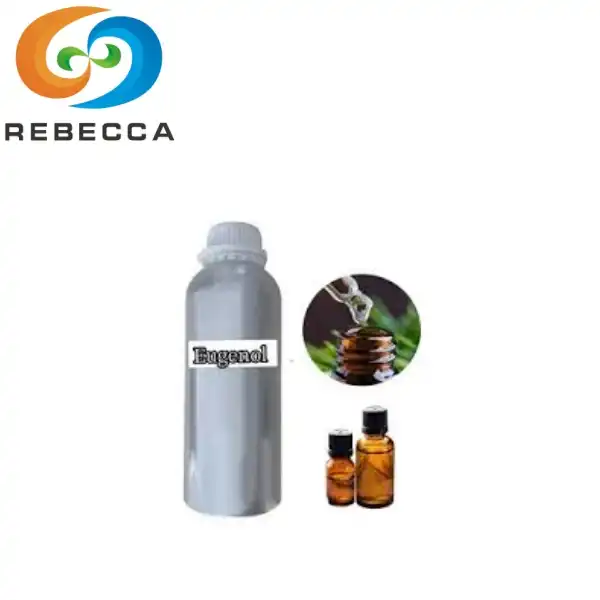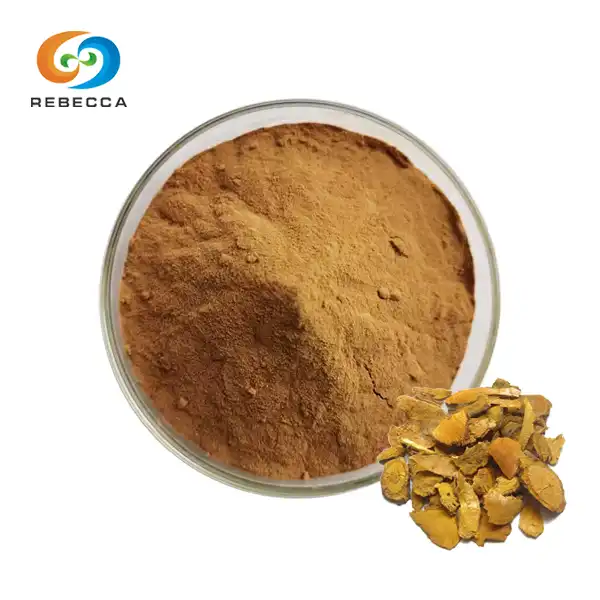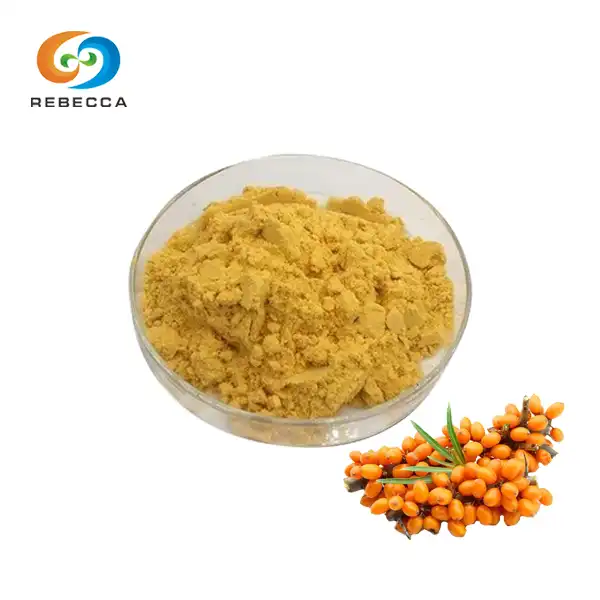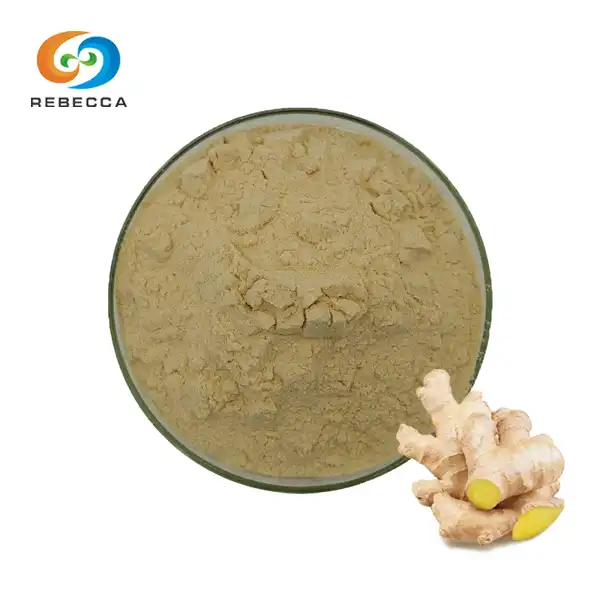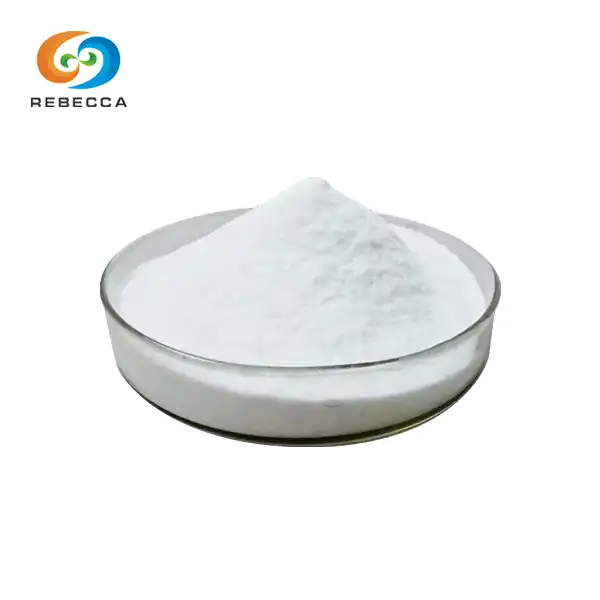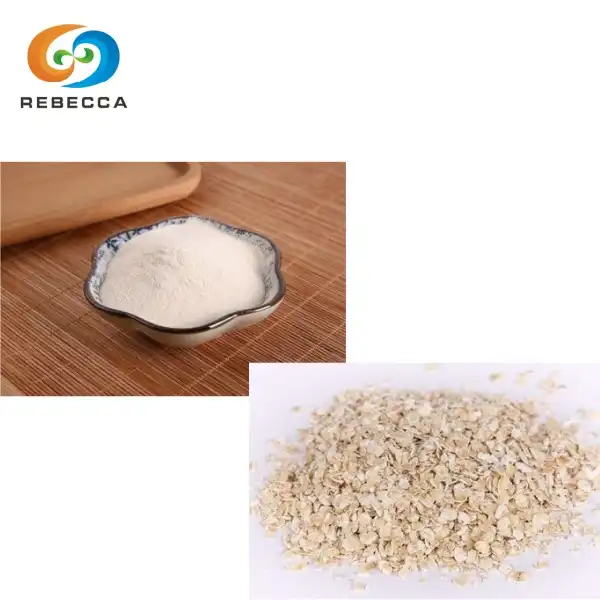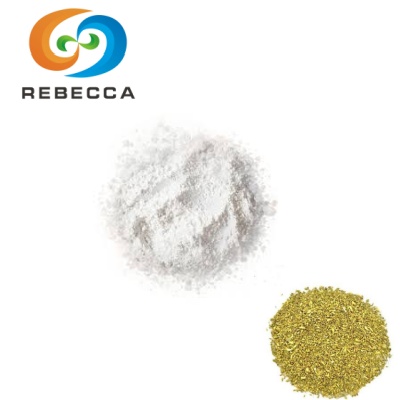How much reishi extract should I take?
natural reishi mushroom extract has gained popularity as a natural supplement for its potential health benefits. However, determining the right dosage can be challenging due to variations in product quality, concentration, and individual needs. This comprehensive guide will help you understand the appropriate dosage range, factors affecting dosage, and potential side effects of reishi extract powder.
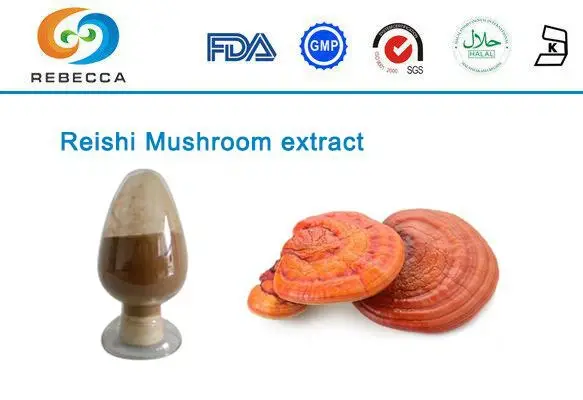
Appropriate Dosage Range
The dosage of organic reishi extract can vary depending on the form and concentration of the product. Generally, the recommended daily dosage ranges from 1.5 to 9 grams of dried reishi mushroom extract. However, it's crucial to note that this range is not universally applicable and may differ based on various factors.
For reishi spore powder, which is considered more potent than other forms, the dosage may be lower. Typically, 1 to 2 grams per day is sufficient for most individuals. When using shell-broken reishi spore powder, even smaller doses might be effective due to its increased bioavailability.
It's important to start with a lower dose and gradually increase it while monitoring your body's response. This approach allows you to find the optimal dosage for your specific needs without overwhelming your system.
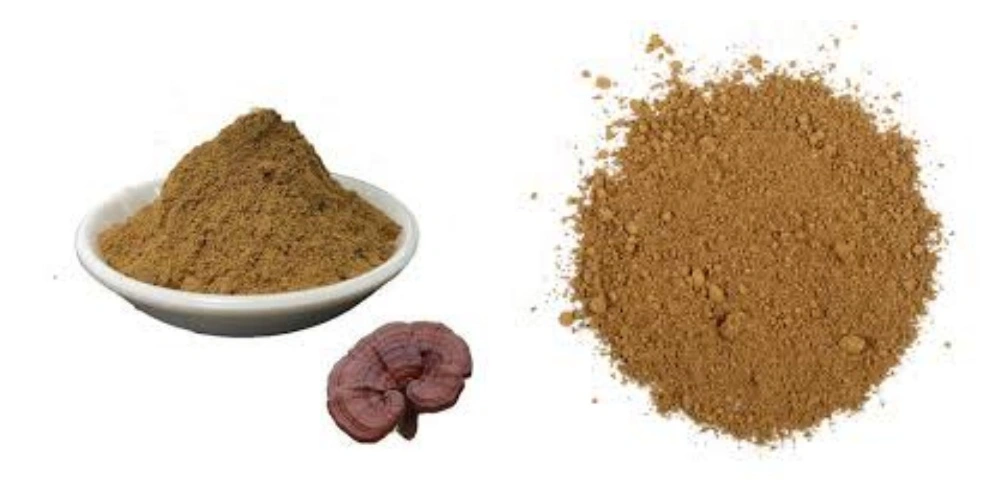
Individual Differences And Dosage Adjustments
Several factors can influence the appropriate dosage of organic reishi mushroom extract for an individual:
- Age: Older adults may require lower doses due to potential changes in metabolism and organ function.
- Body weight: Heavier individuals might need higher doses to achieve the desired effects.
- Health condition: Those using reishi for specific health concerns may require different dosages compared to those taking it for general wellness.
- Medication interactions: Certain medications may interact with reishi, necessitating dosage adjustments.
- Product concentration: The potency of reishi products can vary significantly, affecting the required dosage.
- Individual sensitivity: Some people may be more sensitive to reishi's effects and require lower doses.
Given these variables, it's advisable to consult with a healthcare professional before starting a reishi regimen. They can provide personalized recommendations based on your specific circumstances and health goals.
For general wellness, many people find success with a daily dose of 2 to 3 grams of reishi extract powder. This dosage is often sufficient to experience potential benefits such as immune support and stress reduction. However, for more targeted uses or specific health conditions, higher doses may be necessary under professional guidance.

Possible Side Effects And Safety
While reishi mushroom extract is generally considered safe for most people, it's essential to be aware of potential side effects, especially when taking higher doses or using it for extended periods.
Common side effects may include:
- Digestive discomfort: Nausea, stomach upset, or diarrhea
- Dry mouth and throat irritation
- Dizziness or headaches
- Skin rashes or itching (in rare cases)
- Nosebleeds (particularly with prolonged use)
It's worth noting that these side effects are typically mild and often subside as your body adjusts to the supplement. However, if you experience persistent or severe symptoms, it's crucial to discontinue use and consult a healthcare provider.

Long-term safety considerations:
- Liver health: Some studies suggest that prolonged use of high doses of reishi may impact liver function. Regular monitoring of liver enzymes is recommended for those using reishi supplements long-term.
- Blood thinning effects: Reishi may have mild anticoagulant properties, which could be a concern for individuals with bleeding disorders or those taking blood-thinning medications.
- Immune system modulation: While reishi is often used to support immune function, individuals with autoimmune conditions should use it cautiously, as it may potentially exacerbate symptoms in some cases.
Pregnant and breastfeeding women should avoid reishi supplements due to insufficient safety data. Additionally, individuals scheduled for surgery should discontinue reishi use at least two weeks prior to the procedure due to its potential blood-thinning effects.
When selecting a reishi supplement, opt for products from reputable manufacturers that provide clear information about their extraction methods and standardization processes. This helps ensure you're getting a consistent and high-quality product, which is crucial for maintaining an appropriate dosage.
Remember that while reishi extract can be a valuable addition to your wellness routine, it's not a substitute for a balanced diet, regular exercise, and proper medical care. Always inform your healthcare provider about any supplements you're taking, including reishi, to ensure they don't interfere with other treatments or medications.
In conclusion, the appropriate dosage of reishi extract can vary widely depending on individual factors and the specific product used. Starting with a low dose of 1.5 to 3 grams per day and gradually increasing as needed is a prudent approach for most people. Pay attention to your body's response and consult with a healthcare professional to tailor the dosage to your unique needs and health goals. By doing so, you can maximize the potential benefits of this ancient mushroom while minimizing the risk of adverse effects.
If you're interested in learning more about our high-quality organic reishi extract products or have questions about dosage and usage, please don't hesitate to reach out. Contact our team of experts at information@sxrebecca.com for personalized advice and product information. We're here to support you on your journey to optimal health with our premium reishi supplements.
References:
- Wachtel-Galor, S., Yuen, J., Buswell, J. A., & Benzie, I. F. F. (2011). Ganoderma lucidum (Lingzhi or Reishi): A Medicinal Mushroom. In Herbal Medicine: Biomolecular and Clinical Aspects (2nd ed.). CRC Press/Taylor & Francis.
- Klupp, N. L., Chang, D., Hawke, F., Kiat, H., Cao, H., Grant, S. J., & Bensoussan, A. (2015). Ganoderma lucidum mushroom for the treatment of cardiovascular risk factors. Cochrane Database of Systematic Reviews, (2).
- Jin, X., Ruiz Beguerie, J., Sze, D. M., & Chan, G. C. (2016). Ganoderma lucidum (Reishi mushroom) for cancer treatment. Cochrane Database of Systematic Reviews, (4).
- Bhardwaj, N., Katyal, P., & Sharma, A. K. (2014). Suppression of inflammatory and allergic responses by pharmacologically potent fungus Ganoderma lucidum. Recent Patents on Inflammation & Allergy Drug Discovery, 8(2), 104-117.
- Sanodiya, B. S., Thakur, G. S., Baghel, R. K., Prasad, G. B., & Bisen, P. S. (2009). Ganoderma lucidum: a potent pharmacological macrofungus. Current Pharmaceutical Biotechnology, 10(8), 717-742.
- Noguchi, M., Kakuma, T., Tomiyasu, K., Kurita, Y., Kukihara, H., Konishi, F., ... & Matsuoka, K. (2008). Effect of an extract of Ganoderma lucidum in men with lower urinary tract symptoms: a double-blind, placebo-controlled randomized and dose-ranging study. Asian Journal of Andrology, 10(4), 651-658.
